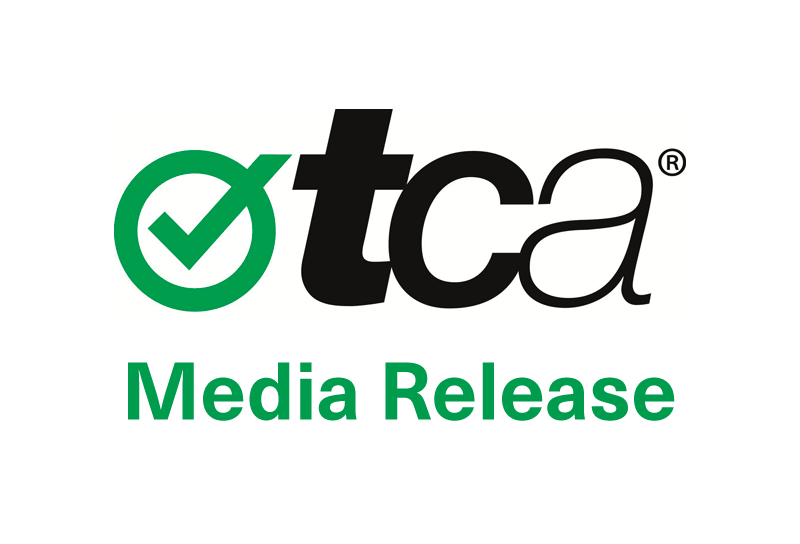TCA releases its report on C-ITS International Harmonisation Task Group (HTG) 6

Transport Certification Australia (TCA) today released its report on the Cooperative Intelligent Transport Systems (C-ITS) International Harmonisation Task Group (HTG) 6 in relation to its role as co-lead of HTG6 between January 2014 and July 2015.
Consisting of subject matter experts from the United States, Europe and Australia, HTG6’s objective was to develop a security policy framework for C-ITS that identifies the key areas for harmonisation across jurisdictional and international boundaries.
“The work of HTG6 is significant, as it identified the security principles and global standards to foster the development and adoption of safer, cost-effective, and sustainable C-ITS,” said TCA Chief Executive Officer, Chris Koniditsiotis.
“Harmonisation is a critical step in delivering a trustworthy, cooperative and cross- jurisdictional environment, and sets the foundations for operational applications of C-ITS for many years to come.”
“HTG6 acknowledged TCA’s leading role in the developing ITS frameworks that are internationally recognised and adopted. TCA’s experience in administering the National Telematics Framework, knowledge of international standards development, and the ability to manage the intersection between policy, technical, commercial and operational issues were crucial to the success of HTG6.”
“TCA brought its expertise in delivering a commercially viable security environment, and its operational knowledge of the core systems and policies that will underpin international deployments of C-ITS.”
“Critically, the long term viability of C-ITS deployment depends on the ongoing monitoring, maintenance and enhancement of security capabilities.”
“The work of HTG6 is a valuable resource for policy makers and implementers, because it addresses and anticipates the current and future challenges of privacy protection, regional differences, and the flexibility and integrity of security systems.”
“Many ITS capabilities are indeed mature but it is vital that we become more efficient in implementation and operations, by exploring and adopting new business models and commercial relationships that make ITS operational and sustainable long into the future,” said Mr Koniditsiotis.